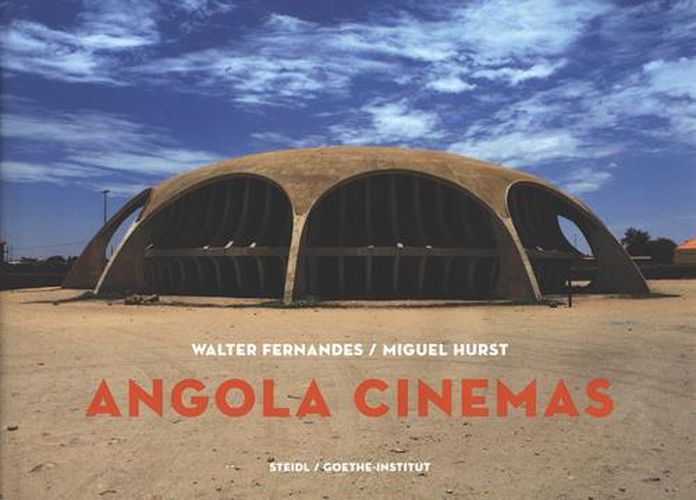Readings Newsletter
Become a Readings Member to make your shopping experience even easier.
Sign in or sign up for free!
You’re not far away from qualifying for FREE standard shipping within Australia
You’ve qualified for FREE standard shipping within Australia
The cart is loading…






Angola Cinema honors the unique, fantastic and unknown architecture of movie theaters in Angola, built in the decades before the end of Portuguese colonial rule in 1975. Initially designed as traditional closed spaces, open-air cinemas with terrace bars became the order of the day, better suited as they were to a tropical climate. The arrival of these cinemas in the 1960s brought atmosphere and elegance to the experience of going to the movies; but these urban cathedrals were also, importantly, a place where social barriers dissolved and where liberation from colonialism was possible. Walter Fernandes’ (born 1979) photographs offer not only an examination of the architectural history of these buildings, but also an important document of urban organization in the twentieth century, as well as the changing mentalities of a society living with the prospect of its independence.
$9.00 standard shipping within Australia
FREE standard shipping within Australia for orders over $100.00
Express & International shipping calculated at checkout
Angola Cinema honors the unique, fantastic and unknown architecture of movie theaters in Angola, built in the decades before the end of Portuguese colonial rule in 1975. Initially designed as traditional closed spaces, open-air cinemas with terrace bars became the order of the day, better suited as they were to a tropical climate. The arrival of these cinemas in the 1960s brought atmosphere and elegance to the experience of going to the movies; but these urban cathedrals were also, importantly, a place where social barriers dissolved and where liberation from colonialism was possible. Walter Fernandes’ (born 1979) photographs offer not only an examination of the architectural history of these buildings, but also an important document of urban organization in the twentieth century, as well as the changing mentalities of a society living with the prospect of its independence.